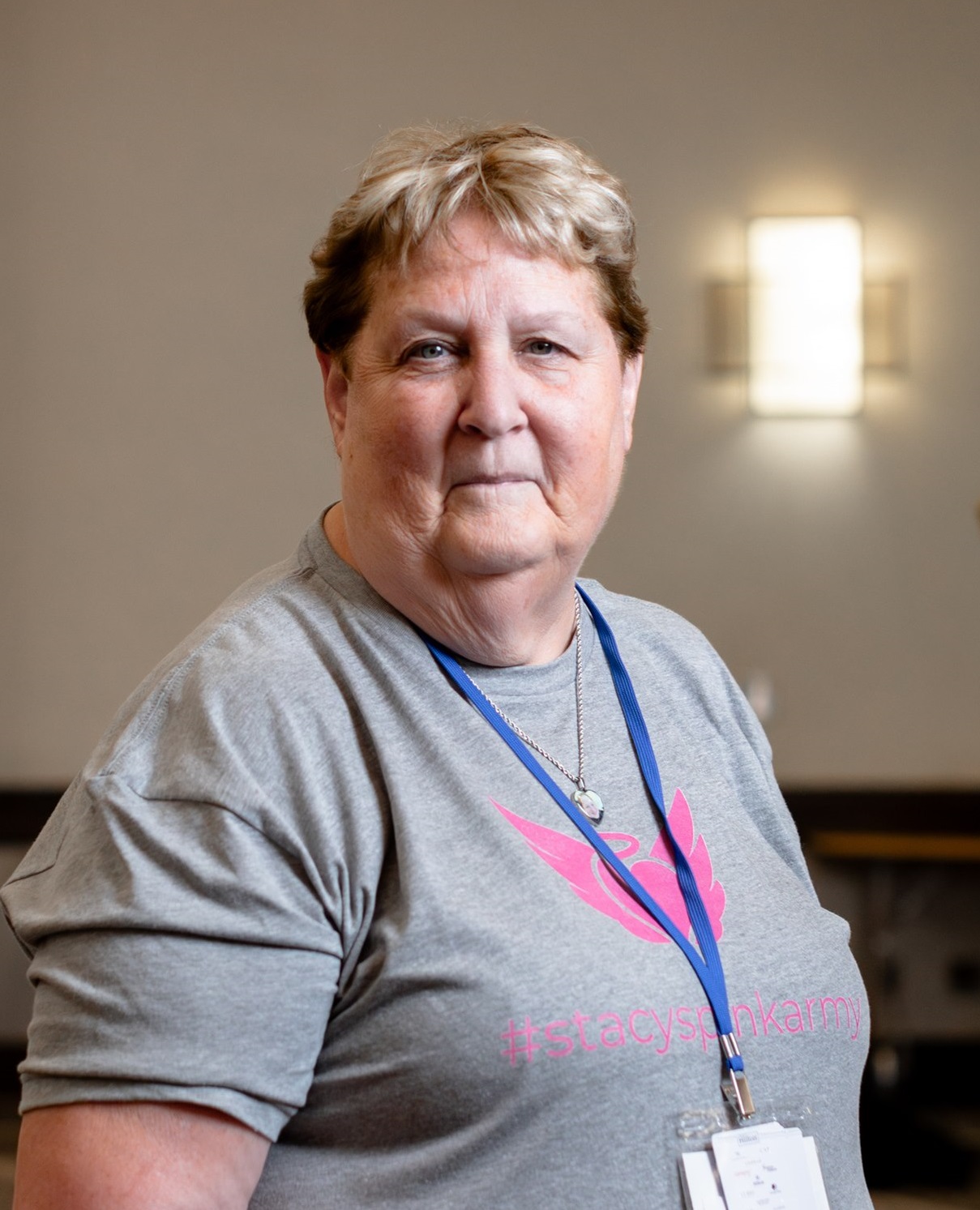Workshop Presentation from the 2011 SOFT Conference in Chicago
Presenter: Valerie Lentz, LCSW
Workshop notes by Gerri Meggett
Families that have children with special needs get to celebrate wonderful victories while also handling unique challenges and stressors. With all of the time and energy that goes into caring for your special needs child, it may feel that there is little left over to give to your partner.
In this workshop, Valerie Lentz, LCSW, who has more than ten years of experience working with families of special needs children, discussed the most common challenges that couples face in their marital/romantic relationship, as well as, ideas on how to address those issues in order to maintain a strong healthy partnership.
Marital relationships bring together many people who otherwise would not know each other, as well as, create new relationships, by the union of two people. But the one relationship that started it all is often lost once children, especially special needs children, enter the equation.
Marriage is Hard!
There is no BIG SECRET. Marriage is hard! Statistics say that 50% of all first marriages end in divorce, and 70% of all second marriages end in divorce. Divorce rate of couples with special needs children is comparable to those statistics. However, marital distress in these marriages is much higher, just as unique rewards and unique challenges are much higher.
Top Four Unique Challenges
Below are the top four unique challenges Ms. Lentz has encountered in her practice.
Unique Challenge #1 – The Grief Process: Partners grieve differently: different styles, times, reasons, relievers, etc. Embrace your differences. Say how you’re feeling (don’t expect your partner to be a mind-reader). Seek professional help when needed.
Unique Challenge #2 –Living in Crisis Mode/Being Consumed with Your Child’s Needs: Partners must come up with short-cuts and creative ideas, and reach out to other resources to get things done.
Unique Challenge #3 – Financial Strain: This is also the number one stressor on the average marriage. However, for special needs families, this can lead to taking a second job, borrowing, moving to a more disability-friendly state, accepting social services, or something else you never thought you’d have to do because it seems extreme. Educate yourself about state laws, so that you can be a strong advocate for your child. Be creative and look for alternative options. And remember to network with other parents.
Unique Challenge #4 – Disagreements on Treatment: This is by far the most difficult challenge couples with special needs children face. Avoid having these disagreements in front of your child. Fall back on advice from professionals. Pick your battles and prioritize the issues that are most important.
8 Tips for Every Marriage
Tip #1 – Recognize that you have two relationships with your spouse: one as a romantic partner and one as a parenting partner. They are intertwined and need individual attention, even if they don’t get equal amounts of time.
Tip #2 – Communication is key.
Tip #3 – Compromise is the other key.
Tip #4 – Do whatever works for your relationship. Don’t compare your marriage to anyone else’s.
Tip #5 – Accept that there will be hard times. Save your memories from good times, perhaps in a “memory box” to remind you of all the reasons you love your partner.
Tip #6 – Take breaks, but stay committed.
Tip #7 – Find ways to celebrate each other.
Tip #8 – Respect each other’s limits, embrace your differences and celebrate the beautiful and unique family you’ve created together.
Ideas to Help Relieve the Pressure
Finally, through feedback from her clients, Ms. Lentz has collected a cadre of “quick ideas” to help relieve the pressures of marriage.
Idea #1 – Do routine chores TOGETHER versus employing the “divide-and-conquer” approach.
Idea #2 – Find alternative modes of communicating such as email, text, handwritten notes, etc.
Idea #3 – Try 30-minute dates at the end of the evening, if “date night” seems out of reach.
Idea #4 – Write a list of all the things you love about your partner to refer to during tough times.
Idea #5 – Give your partner a pat, hug or wink when you pass each other during the day.
Idea #6 – Leave love notes in unexpected places and try to make them more specific than “I love you.”
Idea #7 – Tell your partner “thank you” for doing ordinary tasks.
Idea #8 – Store mementos from special events in a box (like plane ticket, restaurant napkin, etc.) and leave it someplace for your partner to find as a way to share the fond memory.
Idea #9 – Wear an outfit you know your partner likes or make his or her favorite meal.
Resources:
Valerie Lentz, LCSW vlentz@joliet.easterseals.com
Married with Special Needs Children by Laura Marchak, Ph.D. and Fran Prezant, M.Ed., CC-SLP
For marriage counseling, contact your insurance company for a list of in-network providers or ask your child’s team to refer a local agency.


































Recent Comments